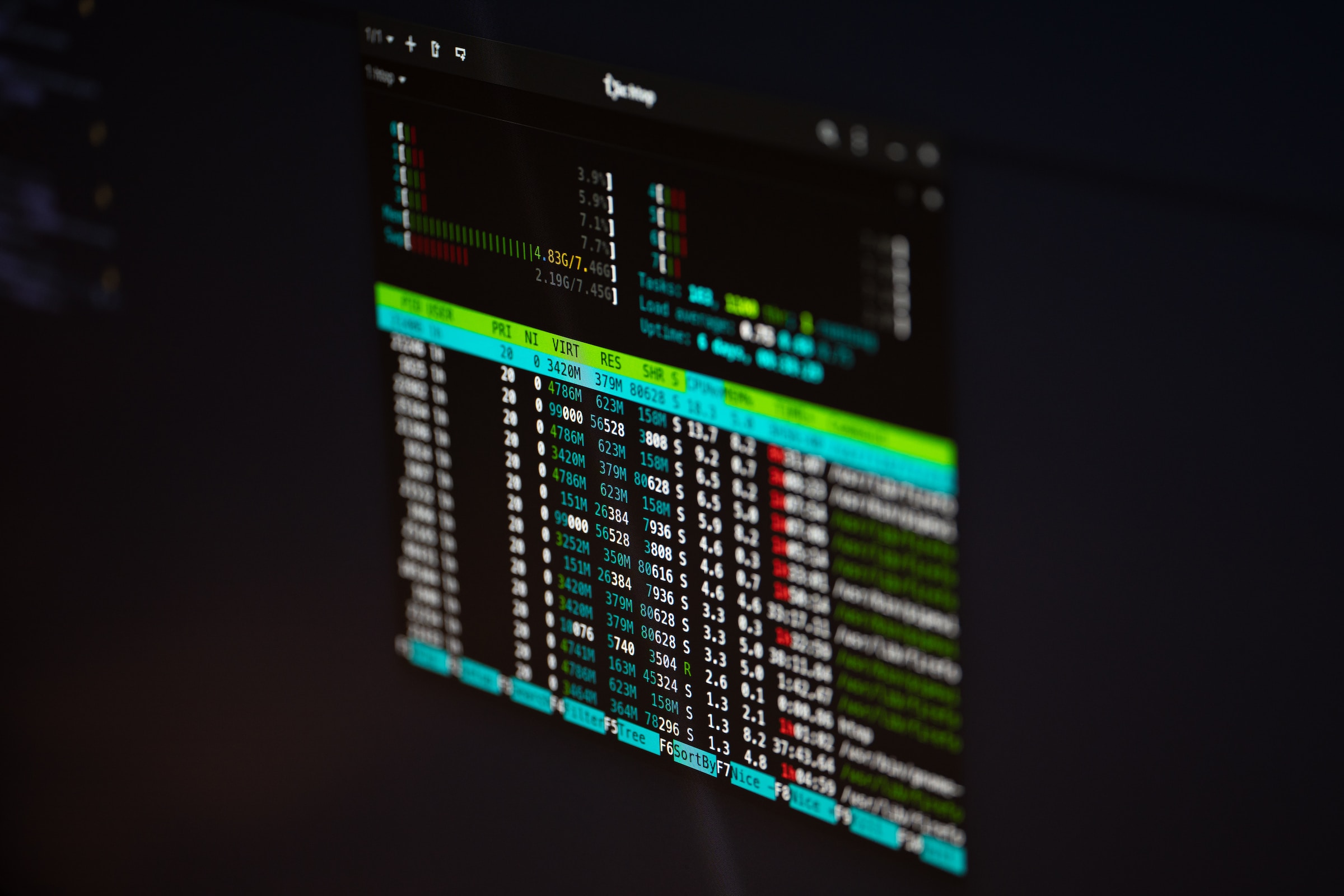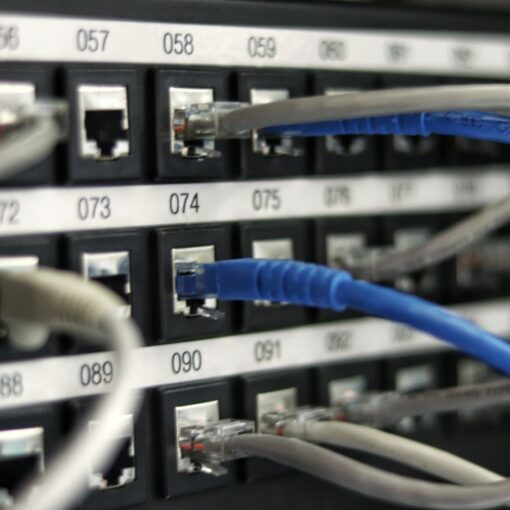The task of regularly updating your server is essential for maintaining both system security and stability. However, when managing multiple servers, it can become a daunting and time-consuming task. Fortunately, Red Hat Enterprise Linux (RHEL) 8 provides an efficient solution for automatic updates with the dnf-automatic tool.
In this blog post, we will guide you through the process of setting up dnf-automatic on a RHEL 8 host to automate your OS package updates.
Step 1: Install the dnf-automatic package
First, we need to install the dnf-automatic package. This package enables your system to automatically perform operations such as checking for, downloading, and applying updates. You can install it by running the following command:
sudo dnf install dnf-automatic
Step 2: Configure dnf-automatic
Next, we need to modify the dnf-automatic configuration file. This file, located at /etc/dnf/automatic.conf, controls how dnf-automatic behaves.
Open the file using a text editor of your choice. Here, we’ll use vi:
sudo vi /etc/dnf/automatic.conf
Here are a few options that you might want to adjust according to your needs:
upgrade_type: This determines the type of upgrades to apply. Options includedefault(all updates),security(only security updates), orminimal(minimal updates).download_updates: Set this toyesto enable automatic downloading of updates.apply_updates: If you wantdnf-automaticto install updates automatically, set this toyes.
For example, to configure dnf-automatic to automatically install all updates, you would use these settings:
upgrade_type = default
download_updates = yes
apply_updates = yes
After editing, save your changes and close the file.
Step 3: Enable and Start the dnf-automatic Timer
Lastly, we need to enable dnf-automatic to start at boot and start the service immediately. You can do this by running the following command:
sudo systemctl enable --now dnf-automatic.timer
With these steps, dnf-automatic is all set to keep your RHEL 8.8 system updated automatically. You can check the status of the dnf-automatic timer at any time by running sudo systemctl list-timers --all.
Conclusion
Setting up dnf-automatic for automatic updates significantly simplifies the task of keeping your RHEL 8.8 host updated. It’s a handy tool that not only saves time but also ensures that you receive vital updates promptly, thus enhancing your system’s security and stability. Stay updated and stay secure!




